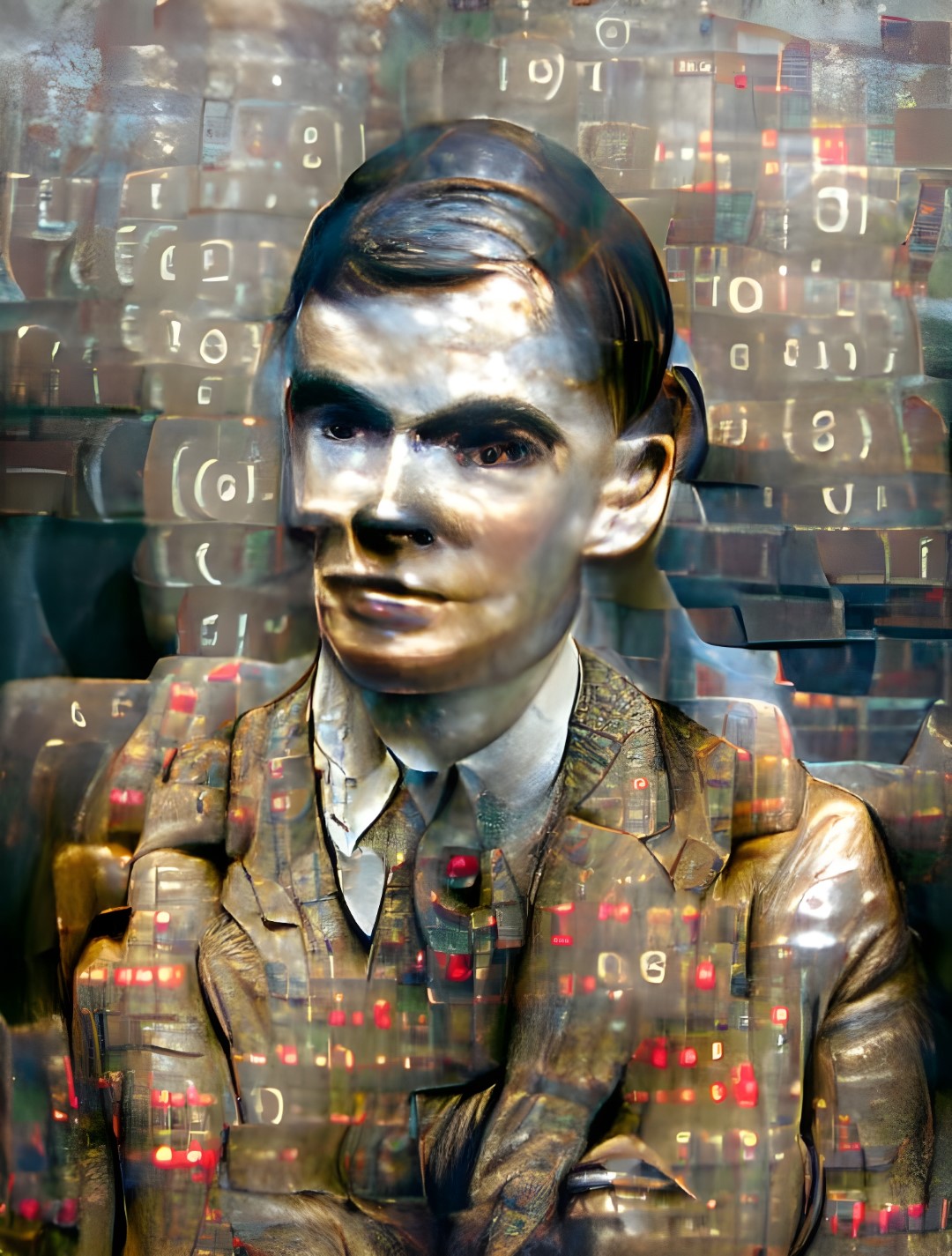The Question of AI

Last night, I was awoken in the wee hours by an uncle who was concerned that I didn't return a text. The message in question pertained to a new text-to-speech AI, which I played with briefly before returning to sleep. Amazon doesn't allow audiobooks narrated by AI, but if they did, Speechelo might be a good program to use. I look forward to playing with it some more.
The weather this afternoon was perfect, and I ran into an old friend at the coffee shop. He's a stand up comic, which got me thinking about how AI might disrupt comedy. I feel like comedy has particularities that computers won't be able to effectively emulate for years. At the same time, I wonder if there's a comic out there now, dressing like a robot and delivering jokes produced by Jasper.
Despite all the hype, we're still pretty far from an AI that can pen a good novel. Yet more and more authors are using AI tools to help with the writing process. These tools are revolutionizing writing in a similar way as Google did, albeit on a smaller scale. But the nuances of plot development and character motivations remain beyond any computer program I've come across. I feel like we're at least ten years from an AI that can begin to correctly handle these things.
The technology is getting better at composing shorter works like articles and the kind of marketing copy that saturates the internet. We're already used to reading blog posts and product descriptions written by Google translate. In five years, all of that low grade content will come from AI, and its quality won't have changed at all.
AI has already disrupted the visual arts in my life. I love what NightCafe's engine did with my painted portrait of Alan Turing. And I feel like I'm barely scratching the surface of the technology's potential. Can an AI really produce fine art? Maybe sort of. But where it really shines is in illustration.
Once the advertising industry starts using AI for everything, things are going to get weird. It will become less and less clear whether images and videos are authentic or computer generated. I'm not sure what'll happen when deepfakes go mainstream. Especially if they start playing a role in political communication.
The military has long been interested in the technology to produce convincing illusions. Spoofed battlefield communications. Deepfake news reports. I wouldn't be surprised to learn that things like this are already in play in Ukraine. They surely will be in the next war.
In a sense, it may be that AI will begin eroding reality's trustworthiness. If most communication is electronically mediated, and all electronic media becomes suspect, we'll have to develop efficient ways of authenticating what we see. This may be a bumpy ride.
As both a writer and a visual artist, I'm loving the process of learning new AI tools. And I don't feel like these tools threaten my job security. In fact, they've mostly been helpful so far. And if they can be used to automate more aspects of my workflow, that would be great.
Read my novels:
- Small Gods of Time Travel is available as a web book on IPFS.
- The Paradise Anomaly is available in print via Blurb and for Kindle on Amazon.
- Psychic Avalanche is available in print via Blurb and for Kindle on Amazon.
- One Man Embassy is available in print via Blurb and for Kindle on Amazon.
- Flying Saucer Shenanigans is available in print via Blurb and for Kindle on Amazon.
- Rainbow Lullaby is available in print via Blurb and for Kindle on Amazon.
- The Ostermann Method is available in print via Blurb and for Kindle on Amazon.
- Blue Dragon Mississippi is available in print via Blurb and for Kindle on Amazon.
See my NFTs:
- Small Gods of Time Travel is a 41 piece Tezos NFT collection on Objkt that goes with my book by the same name.
- History and the Machine is a 20 piece Tezos NFT collection on Objkt based on my series of oil paintings of interesting people from history.
- Artifacts of Mind Control is a 15 piece Tezos NFT collection on Objkt based on declassified CIA documents from the MKULTRA program.
https://twitter.com/MaDaBailey/status/1564657907785932801
The rewards earned on this comment will go directly to the people sharing the post on Twitter as long as they are registered with @poshtoken. Sign up at https://hiveposh.com.